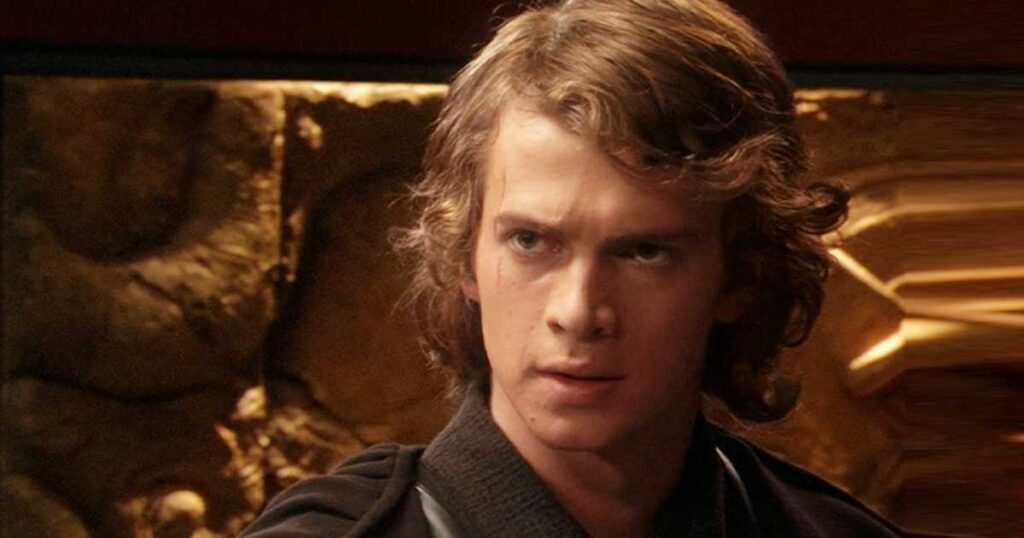Star Wars: Revenge of the Sith serves more than just the third and final episode of the prequel trilogy, as it also interweaves its narrative with the original Star Wars from 1977. Currently slashing new releases with a red lightsaber thanks to a celebratory re-release, the movie’s box office finally crossed the $900 million mark after a 20-year wait (via Box Office Mojo).
In retrospect, George Lucas’ divisively received screenplay for Revenge of the Sith philosophically paints a deeper picture, examining both the origin story of its anti-hero, Darth Vader, and the nature of villainy itself. It stands alongside the early-2000s zeitgeist that humanized antagonists, from Dexter Morgan and Walter White to Magneto, by shedding light on tragic untold tales. However, the larger debate lingers: Is Anakin Skywalker, as embodied by Hayden Christensen, a product of systematic oppression by the Jedi Order, or was he always fated to become a villain? Scroll down for the deep dive.
The Jedi Order, though venerated, was far from infallible. Laden with systemic rigidity, it demanded its members sever familial ties and embrace emotional detachment — policies that suffocated Anakin’s convictions. His helplessness in saving his mother ruptured the first crack, one that worsened upon the juxtaposition of falling in love with Padmé Amidala (Natalie Portman) yet being forbidden to confer the bond through marriage. The Jedi’s cold pragmatism laid ample incentive for blaming the Order on the part of Anakin, failing to salvage his complex emotional life when it mattered most.
Nonetheless, while the Jedi knights neither addressed Anakin’s crises diplomatically nor emotionally, their rigid dogma only partly accounts for his descent, for protagonists perpetually redeem themselves with power within. Institutional failings cannot simply excuse Anakin’s later cruelty. His slaughter of the Force-sensitive younglings inside the Jedi Temple betrayed not a lack of guidance, but a collapse of moral doctrine, which only aggravated with his execution of Order 66, as he ended the lives of Jedi Masters of Mace Windu’s (Samuel L. Jackson) caliber over trifles.
Lastly, Anakin’s suspicions toward Padmé and Obi-Wan Kenobi (Ewan McGregor), including imagined affairs, found virtually no basis in reality, only paranoia stoked by his own fears. His willingness to strike the mother of his future children, as well as his master and best friend, could have been avoided altogether had the temptation, and eventually allegiance, to the Sith not hitherto infiltrated his soul from within.
Ultimately, Star Wars: Revenge of the Sith justifiably manifests a compelling scenario of internal conflicts wherein moral corruption festers gradually and incessantly. While the Jedi indisputably failed to mitigate the disastrous ramifications their political system had been courting, Anakin’s own failures equally contributed to his progression and entirely spurned the assistance his loved one extended to him. Anakin Skywalker lacked control over his emotions, leaving him easy prey for Darth Sidious’s manipulation, materializing into cinema’s most chilling and tragic villain.
For more such stories, check out Hollywood News
Follow Us: Facebook | Instagram | Twitter | YouTube | Google News
Content shared from www.koimoi.com.

